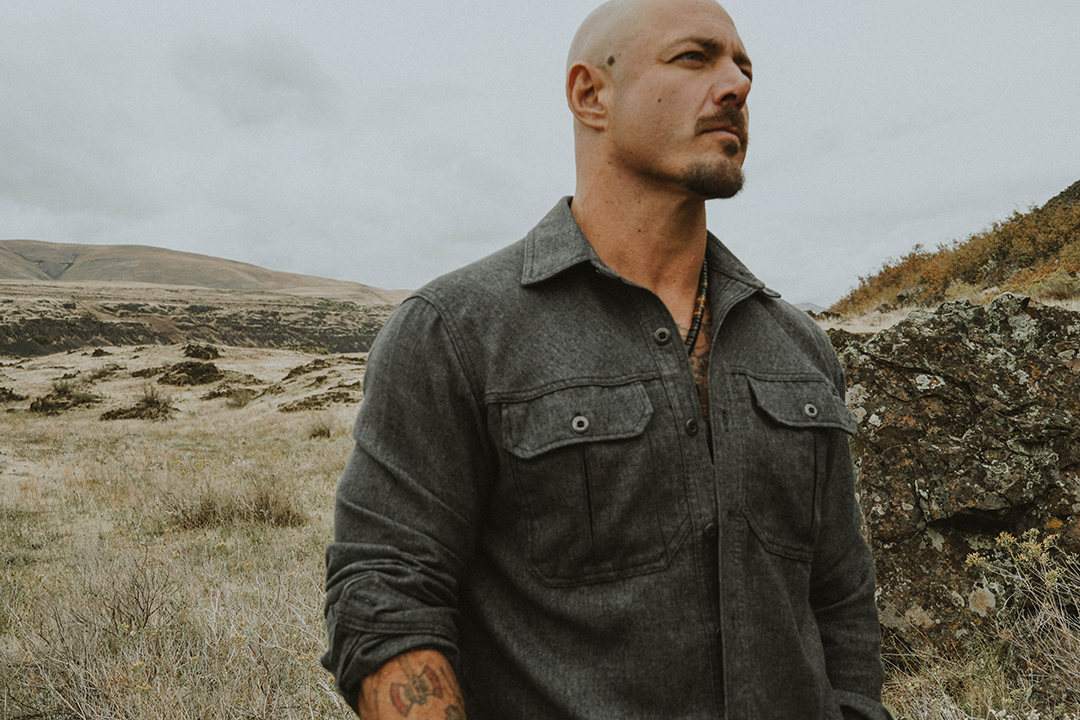It was late, and I was out for a post-shift drink with a bunch of waiters in San Francisco. They had all been toiling under the tyrannical toque of some French despot. It was the 90s, before the tantruming chef became a staple of reality television, but I’d already worked for a satanic chocolatier who’d harangued every food critic in town, so I knew the routine.
Hearing the tales of the evening’s melodramas grated on me, because I was currently working in the corporate world and interacting with polite and approachable CEOs and CFOs. No one gets away with talking to people the way that chefs do — or did, back then. Drill sergeants and dictators were probably more personable.
That night, this particular prima donna of grub plating had been cruel to someone close to me. I’d had a few and I was on a rant.
“Who does he think he is? What is he really anyway? He’s just a fucking cook!”
A clever waiter responded, “Everybody’s just a fucking something.”
I’m sure I probably glared at him and continued. But that stuck with me.
He was right. Everyone is “just a fucking something.”
Everyone is reducible. No matter what someone has accomplished in their lives, it’s easy to recategorize them in some banal way to humble or insult them.
I’m just some fucking blogger. A “self-published” author. Thousands of hours of careful thought and hard work can be handily dismissed by any of the slurs that occasionally pepper my inbox.
It works for everyone. Professional athletes are just trained seals, and Navy SEALs are just fucking pawns. World class powerlifters are just glorified beasts of burden. Notre Dame is, after all, just a fucking building. Da Vinci was just a dreaming doodler. Nietzsche was crazy. George Washington was, after all, just some fucking guy who put his breeches on one leg at a time just like everyone else.
And this French fellow who had worked his whole life to become an internationally respected chef and was at that moment a major player in the San Francisco culinary scene was…just some fucking cook.
I was reminded of all this while reading through Meditations recently.
“How base and putrid, every common matter is! Water, dust, and from the mixture of these bones, and all that loathsome stuff that our bodies do consist of: so subject to be infected, and corrupted. And again those other things that are so much prized and admired, as marble stones, what are they, but as it were the kernels of the earth? gold and silver, what are they, but as the more gross fæces of the earth? Thy most royal apparel, for matter, it is but as it were the hair of a silly sheep, and for colour, the very blood of a shell-fish; of this nature are all other things. Thy life itself, is some such thing too; a mere exhalation of blood: and it also, apt to be changed into some other common thing.”
— Marcus Aurelius. Meditations (Book 9, 34.)
Marcus fucking Aurelius. What a spoiled self-important brat!
“Look at me, I write my precious little journal in Greek instead of Latin because I’m a fussy intellectual philhellene.”
It’s so easy.
Taking a step back, this reductiveness could be useful in keeping one grounded and to help avoid being swayed too easily by the influence of fame and titles and men’s high estimations of themselves.
Maintaining a disciplined humility and a careful distance from the seduction of power and titles is probably a very good idea when you are the Emperor of Rome. You don’t want to go full Caligula.
To meditate, as Marcus Aurelius did, on the baseness of all things, is a useful thought experiment. It could be a tool for putting problems in perspective, and for remembering the humanity of men who have been elevated to a godlike status. Remembering that all great men were merely men can actually make them more inspiring. It renders their achievements more accessible.
While it is true that everything is reducible, and sometimes this reduction may be useful, this leveling of all things can also get out of hand. Reduction can be untruthful.
Gold may be the shit of the earth, as Marcus Aurelius suggested, but truthfully I’d rather be covered in gold than shit. Wouldn’t you?
Returning to that chef… truth is that I was mad about the chef’s behavior and I was lashing out. While I would contend that the achievements of chefs are somewhat overvalued simply because fine dining is associated with wealth, status and luxury, I have some level of respect for any man who has mastered a craft and risen to the top of his profession. He may have been a dick, but he actually wasn’t “just some fucking cook,” even to me. That was an intellectually dishonest remark.
As I have gotten older, I’ve developed a habit of acknowledging the talents, accomplishments and expertise of men with whom I disagree, or who have wronged me personally. Some have found it surprising. It would be easy to completely dismiss a man based on a flaw of character that I exposed or of which our friendship was simply another casualty. But it wouldn’t be truthful, and I don’t think speaking that way demonstrates wisdom.
I’ve had close friends lie to me, or panic and lie to others while throwing me under the bus. I’ve caught men who I trusted playing games and angles behind my back. After discovering this, I’ll have nothing to do with them personally, and if asked, I’ll tell you why we’re no longer friends. However, I refuse to dismiss their positive qualities and insist that they are given credit where it is due. I’ve even occasionally sent them business. I don’t want them in my circle of trust, but it would be petty and vindictive of me to obsess about whether or not they make a few bucks doing what they actually do well. I’m proud of this habit, and I encourage it in others.
Either you want to maintain an ordered, hierarchical reality where you value achievement, or you don’t.
There is a prevailing bitchiness in the Zeitgeist, motivated by ressentiment, that wants to dismantle the statuary of greatness as a comfort to mediocrity, weakness and sloth. You can feed into that by finding a way to reduce everything (and everyone) to some lowest common denominator. You can gossip and snipe and trade in clever insults.
Or you can defiantly choose to acknowledge and honor strength and achievement and a measuring stick of good, better, best — even when it’s inconvenient. Even when you’re mad. Even when you’re not the best, or maybe not even good.
Because if you refuse to acknowledge an ideal — there is no “good.” No “better” or “best.” Nothing to reach for. No direction. No orientation. Only fleeting comfort and sensation. Randomness and chaos.
Only the voluptuous horror of multi-dimensional nothingness.
I think I’ll stop there for now.
That sounds like a good title for a future essay.
The noble type of man regards himself as a determiner of values; he does not require to be approved of; he passes the judgment: “What is injurious to me is injurious in itself;” he knows that it is he himself only who confers honour on things; he is a creator of values.
Friedrich Nietzsche. Beyond Good and Evil



